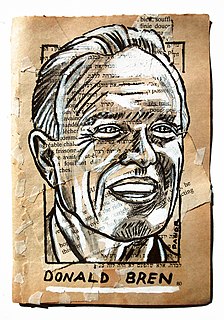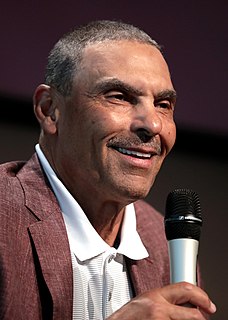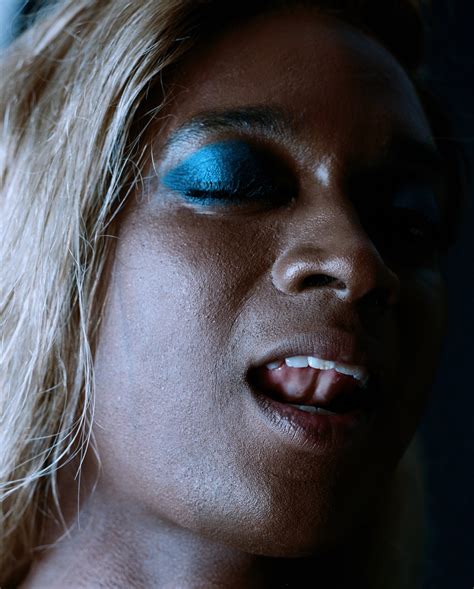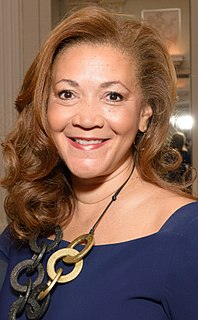A Quote by Doug Aitken
The compartmentalizing is so severe, that we kind of lose track. When you sit down to dinner with friends, you're going to talk about everything, sharing this polyphony of experiences, this spectrum of culture, and it's all cross-pollinating all the time.
Related Quotes
It's not hard for me to be honest with my fans because that's what I set out to do from the beginning - I've based my entire career off of just trying to do that for them - but I always kind of forget that my real life friends can hear my music and they can watch my interviews if they want and that's when I get kind of like- "oh..." - I don't necessarily sit down and talk to my friends about all the things that I write my music about, because it's easier for me to write music than to sit and talk to my friends about it sometimes- it's almost like writing in a diary.
Well, one thing that I like to do is treat the audience as if they're already kind of at the table - they're already a part of the conversation. They don't need the 101 explanation. It's as if bringing a stranger to the table to sit down with these people who are already acting as peers or friends and opening up and just sharing their stories.
I understand what's going on, and when I see the fervor, when I see 25,000 people that have seats and not one person during an hour speech will sit down, I say sit down everybody, sit down, and they don't sit down, I mean, that's a great compliment but I do understand the power of the message. There's no question about that.
When I have a writing workshop, I like to have people that are anthropologists and people who are poking around in other fields, I like to have them all in the same workshop, and not worry about genre. I like to mix it up, because the kind of comments you can get from a fiction writer about your poetry are going to be very different than what you'll get from a poet. Or the comments you'll get from a filmmaker about your performance are going to be very different. My writing workshop is about mixing it up, cross-pollinating, not only in genres but in occupations.
World War II vets in general didn't talk about their experiences. They believed there was something better and that they were going to prove to America what they could be and show America what it could be by being the change that they wanted. Like that Ghandi phrase "be the change that you want to see" but I think that it was also just a different culture. People didn't want to complain, whereas today if you go to the Starbucks and they mess up your order you might tweet about it. You know it's a different kind of culture.







































